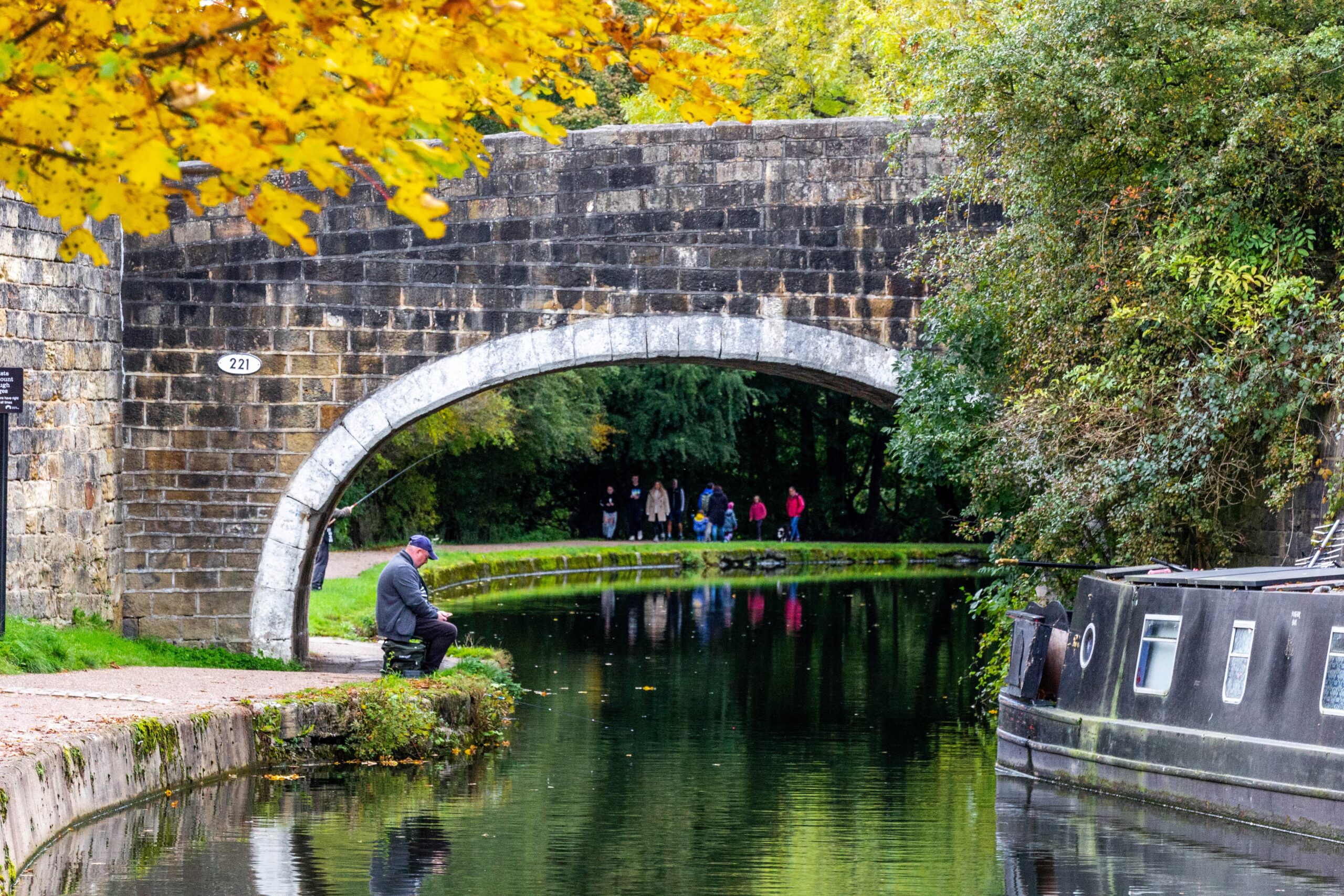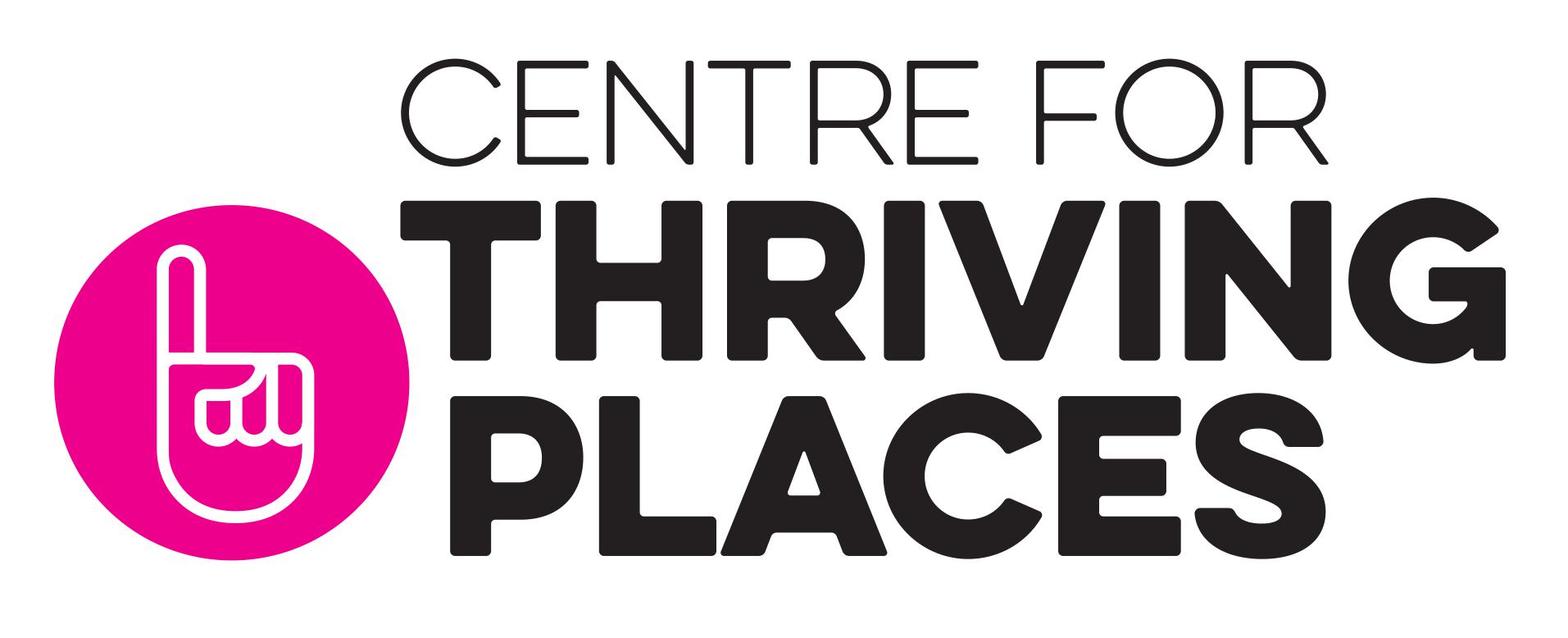Social capital: Evidence review and synthesis
Examining interventions that sought to improve community cohesion, social support networks and neighbourhood belonging.

As a Centre, we aim to improve the Wellbeing of the UK. Wellbeing is how we’re doing as individuals, communities and a nation.
Community wellbeing is being well together and it has three key components:
- Place – built, natural and historic environment/assets/infrastructure
- People – social capital – including the relationships between people within a place
- Power – individual and collective control and agency, such as volunteering
Understanding and monitoring social capital
For UK policy purposes, social capital is defined as “the extent and nature of our connections with others and the collective attitudes and behaviours between people that support a well-functioning, close-knit society.”
It is now an ONS interim harmonised standard with national indicators that track changes in: neighbourhood belonging, companionship, generalised trust, voting, volunteering.
The Rapid Review
Between April and September 2022, we worked with the Centre for Thriving Places to review published and grey literature sources on:
- Bonding capital (within a group): neighbourhood belonging, social support networks; and
- Bridging capital (between groups): community cohesion.
The review builds the evidence base on community wellbeing and social capital, and promotes the use of harmonised social capital measures to ensure wellbeing evidence is increasingly consistent, robust and useful.
The registered protocol for this rapid review can be found here.
A main outcome of the work is a report and evidence map on the effectiveness of social capital interventions in the UK and across OECD countries.
Find the publications from this project below.
![]()
[gravityform id=1 title=true description=true ajax=true tabindex=49]


